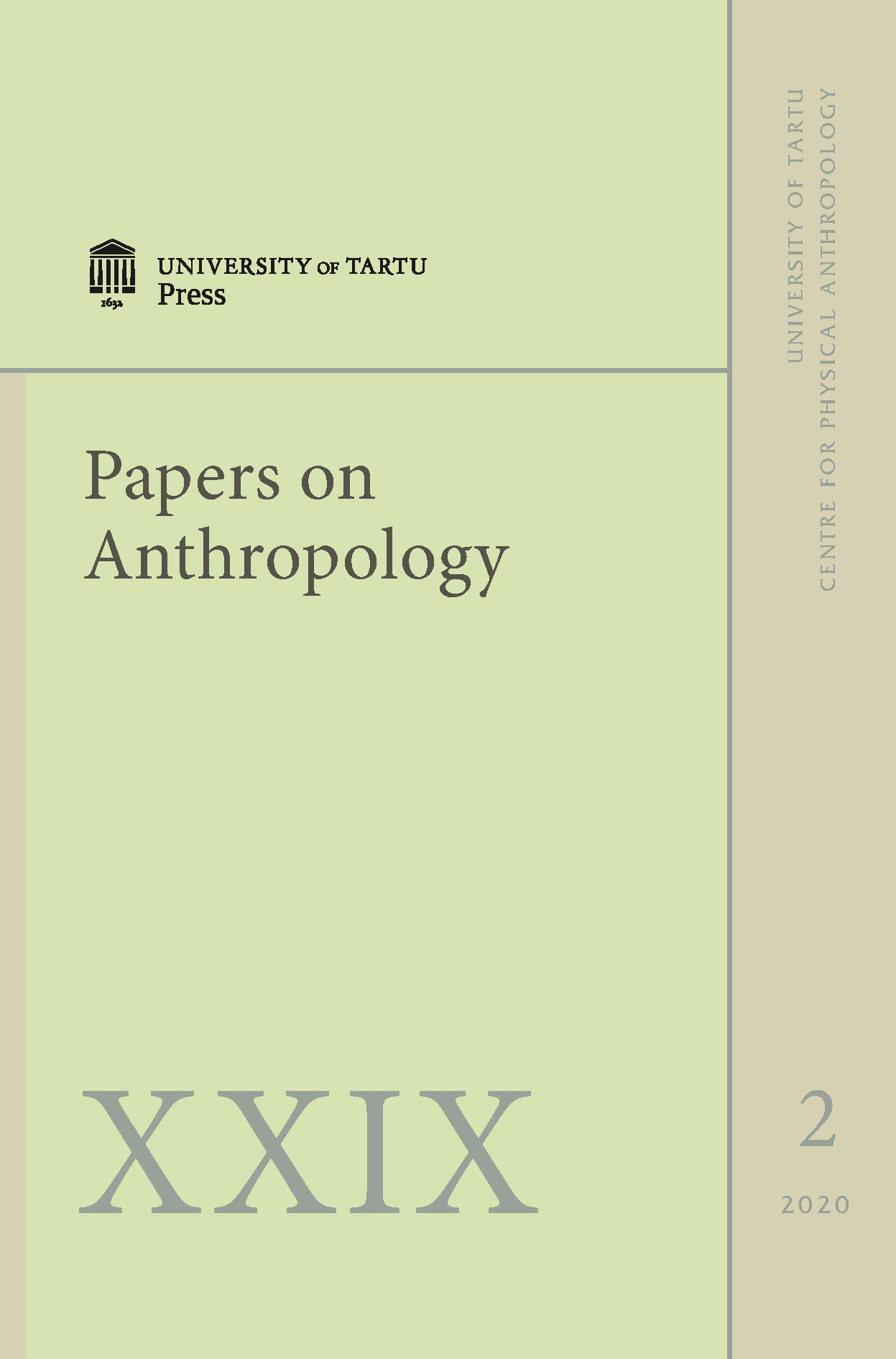High mountain community in a changing climate: a study of agropastoral adaptation in mustang district, Nepal
DOI:
https://doi.org/10.12697/poa.2020.29.2.05Keywords:
ethnography, food sovereignty, polyandry, periodic relocation, smart managementAbstract
This paper explores the changing climate, its impact, and the diversified practices of agropastoral adaption by a mountain community of Nepal. The findings reveal that there is an unswerving link between the changes in climate and their impact on the community and its adaptation options. The vulnerability and risk induced by the climate change has threatened the agropastoral subsistence, the sociocultural and economic structure, and the food sovereignty of the Loba community of Mustang district of Nepal and made them experience unanticipated complications in livelihood. In a changing climate, the community has attuned and restructured its adaptive strategy with diversified practices of collective labour in a traditional agropastoral system of landholding, mystical connectivity and seasonal relocation as an adaptive response ensuring the shared sustenance of the com munity. The challenge of climate change began long ago; it will persevere and be long- lasting. Hence, this paper argues for the need for a prudent adoption of measures to maintain an environmentally suitable agropastoral system of liveli hood well-being. Beyond enhancing community capacity and climate resilience, it is necessary to streamline and readjust indigenous sociocultural institutions by expanding their adaptive capacity, while recognizing the cultural dimensions grounded in systems of meanings and relationships and the way people and their culture experience and respond to exceptional climatic changes.

